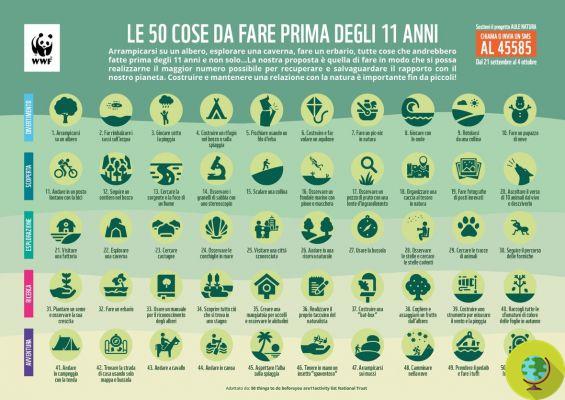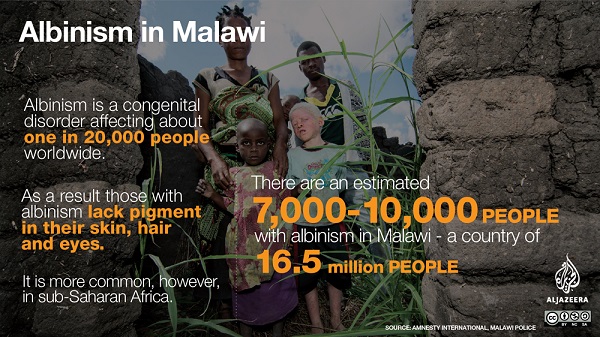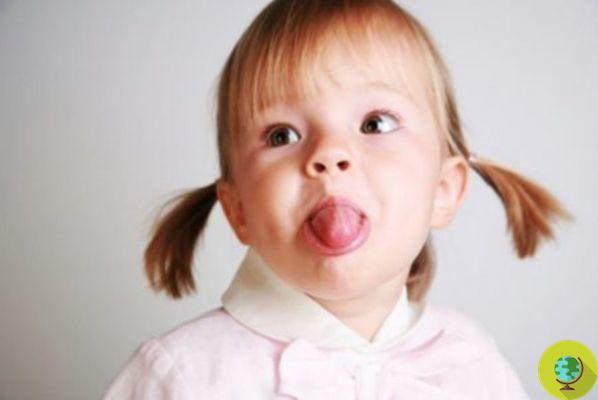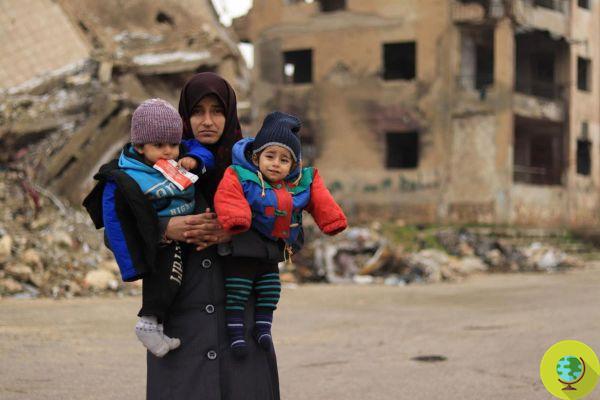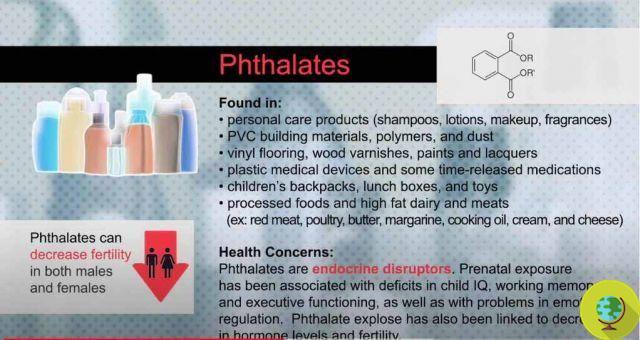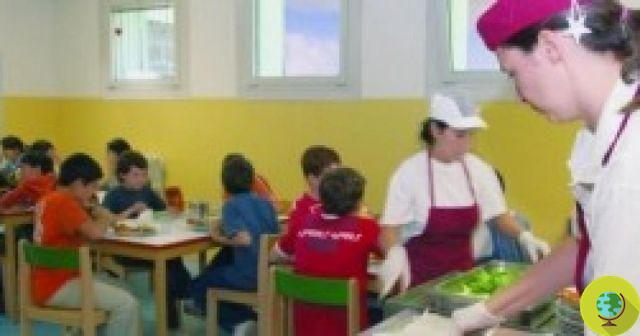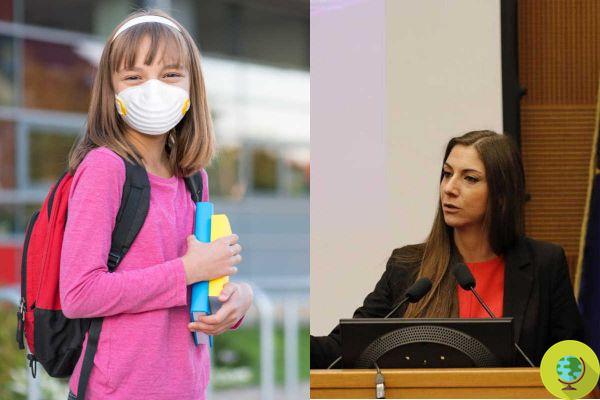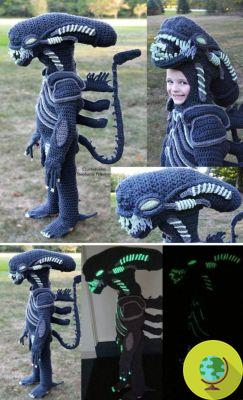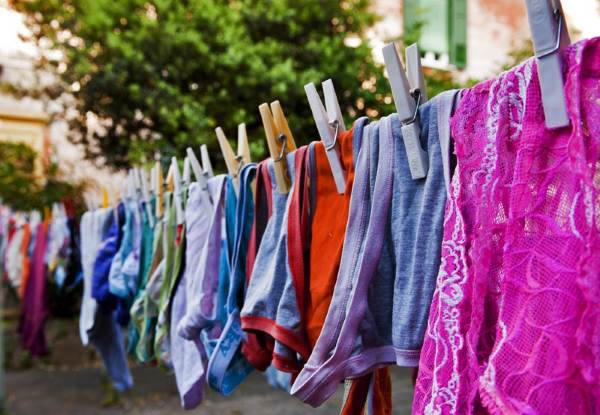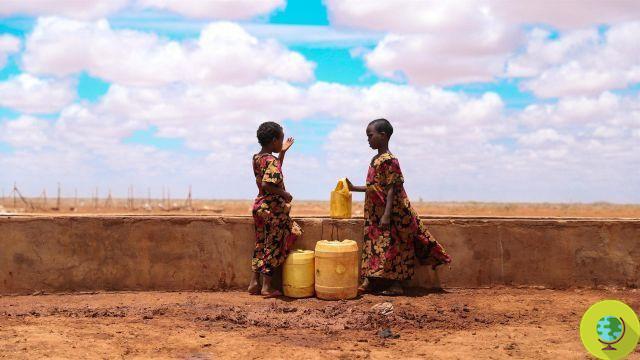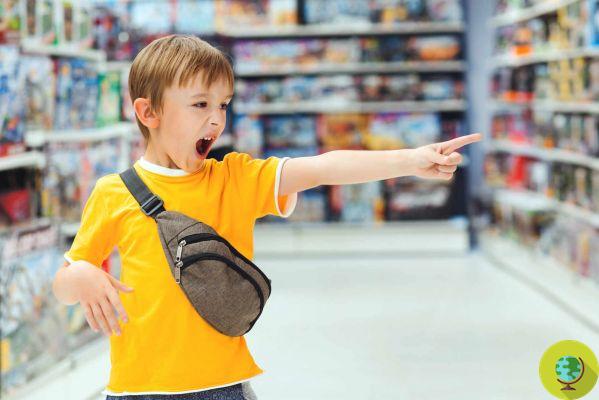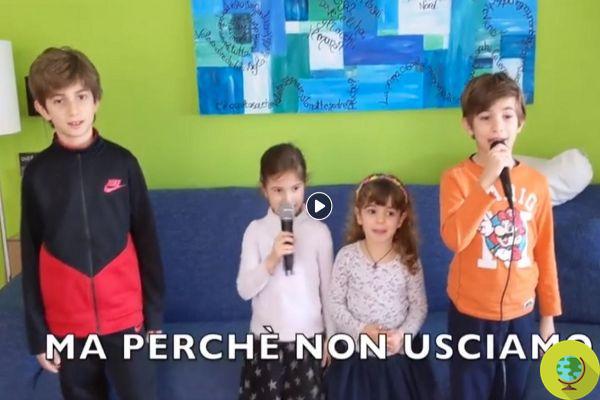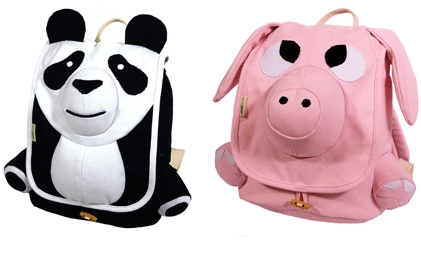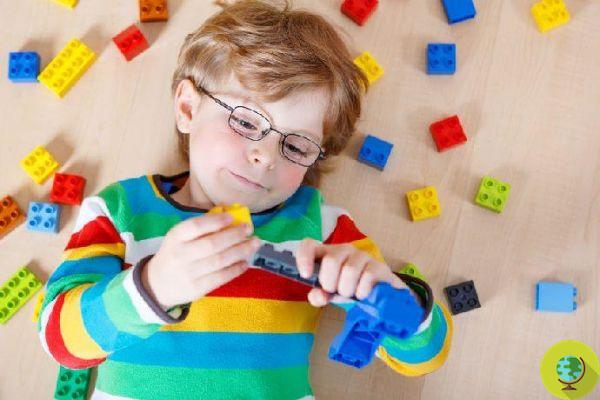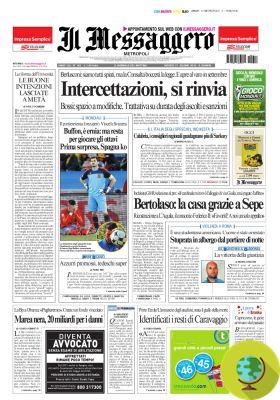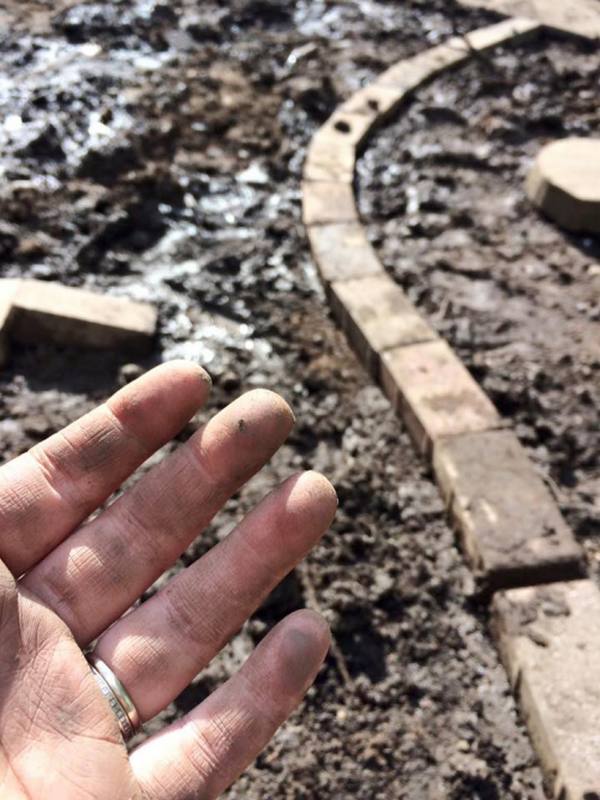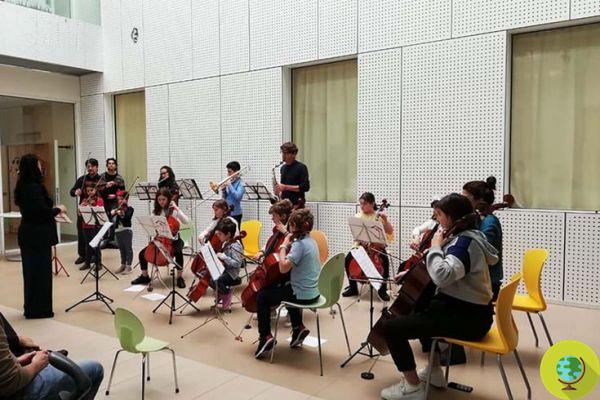Pesticide diapers? Even products for children are not immune to toxic residues, tests speak of traces of dioxin, glyphosate and other pesticides. If many steps forward have been made compared to 2017, many brands continue to be under accusation.
Don't store avocado like this: it's dangerousPesticide diapers? Even products for children are not immune to toxic residues, tests speak of traces of dioxin, glyphosate and other pesticides. If many steps forward have been made compared to 2017, many brands continue to be under accusation.
60 millions de consommateurs publishes a new diaper test in which it analyzes baby products to see what has changed since the last analysis, that of February 2017, in which many disposable diapers were on the red list because they contain substances classified as carcinogens.
“Overall, the results of the 2018 edition are encouraging: the number of nappies that do not contain any trace of pesticides is greater than in 2017. This new test reveals some other surprises, such as the good results of the analyzes of the main brand, Pampers. . Proof that the"zero toxic residues" goal it is achievable and this can happen in a relatively short time, ”explains the consumer magazine.
Index
Glyphosate and other pesticides
Unfortunately, however, it is not all roses and flowers, the analyzes show that in some brands the use of phenoxyethanol, a worrying preservative, persists. But not only in four the presence of glyphosate continues to persist, not to mention that there are also halogenated organic compounds in some of them.
Disposable diapers: pass and fail
From the analyzes conducted by 60 millions of consommateurs, here is what emerges. To orient you in the table which is in French, we write a small legend:
+ + + Very good from 20 to 17
+ + Good from 16,5 to 13
+ Acceptable from 12,5 to 10
- Insufficient from 9,5 to 7
- - Very insufficient from 6,5 to 0
The brands promoted (in order of points) that do not contain PESTICIDES:
- Line Protection Premium (17/20)
- Pampers Premium Protection (14,5/20)
- Pampers Baby-Dry (12,5/20)
- Naty Eco by Naty (12,5 / 20) but red dot on the humidity protection factor
- Pampers Premium Protection Active Fit(3) (12,5/20)
- Carrefour Baby Ultra dry & stretch (12,5/20)
Brands to watch for because they contain halogen and volatile organic substances:
- Lupilu Soft & Dry (12/20) red dot because it contains halogen organic substances
- Mots d'enfants (Marque Repère) Ultra comfort (12/20) red dot on the moisture protection factor and because it contains flying organic compounds
Brands accused of containing pesticides and glyphosate:
- Love & Green Couches hypoallergéniques Lotus Baby Touch 3 Ultra (9,5 / 20) red dot because it contains glyphosate
- Lotus Baby Touch 3 Ultra confort (9,5 / 20) red sticker because it contains glyphosate
- Pommette (Intermarché) Ecologic (9,5 / 20) red label because it contains glyphosate and organic halogen compounds
- Lillydoo Couches bébé (6,5 / 20) red badge because it contains glyphosate and organic halogen compounds
Here are the tables
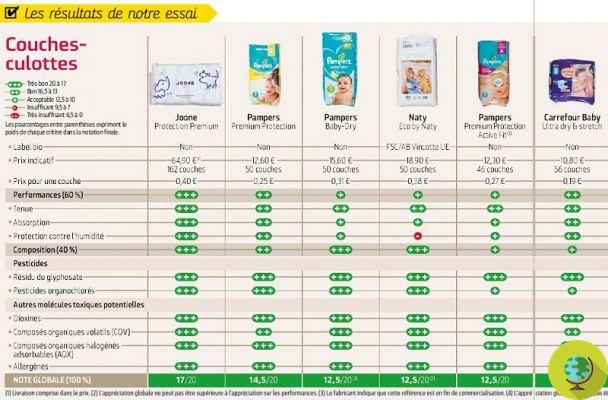
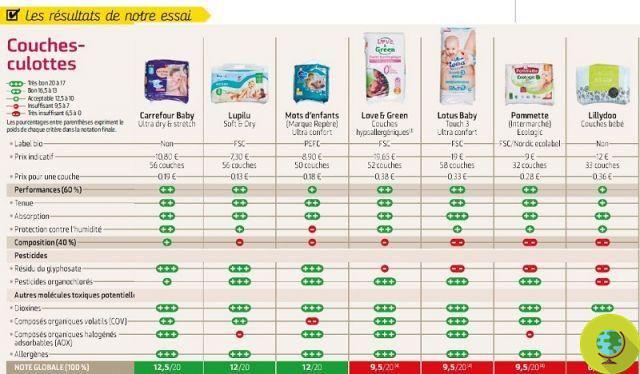
Green alternatives: washable nappies
What can we do to limit our children's exposure to these potentially harmful substances? Meanwhile, by limiting the use of disposable nappies to a minimum, choosing washable nappies as much as possible or experimenting with EC, elimination communication (a method that does not use nappies).
**REPLICA**
Following this article we were contacted by the LILLYDOO company which specified:
“Traces of unintentionally added substances were detected by the tests we had conducted and by those carried out by the French magazine 60 Millions de Consommateurs. However, we would like to underline that the quantities detected are over 10 times lower than the acceptable limit values established by the European Union and those established by certifications for children's products obtained from our products (OEKO TEX® STANDARD 100 for product class 1) ".
The company then continues:
“Toxicologist Dr. Haselbach confirms that LILLYDOO nappies are safe and that the presence of unintentionally added substances in these levels is not harmful to the health of babies.
Nonetheless, we naturally took the matter to heart and ran additional tests to identify the provenance of these traces, isolate them and take action. Tests have allowed us to determine that the recycled storage units used in our warehouse may be the source of these traces in our nappies. Although we believe that the use of recycled materials would be preferable to reduce the environmental impact, we are testing units composed of virgin fibers, which we will adopt as soon as possible if the tests prove to be conclusive ”.
Read also:
- Glyphosate and dioxin in baby diapers: offending brands and models
- Pesticide diapers, also ecological ones in the sights: Naty's reply
Dominella Trunfio




